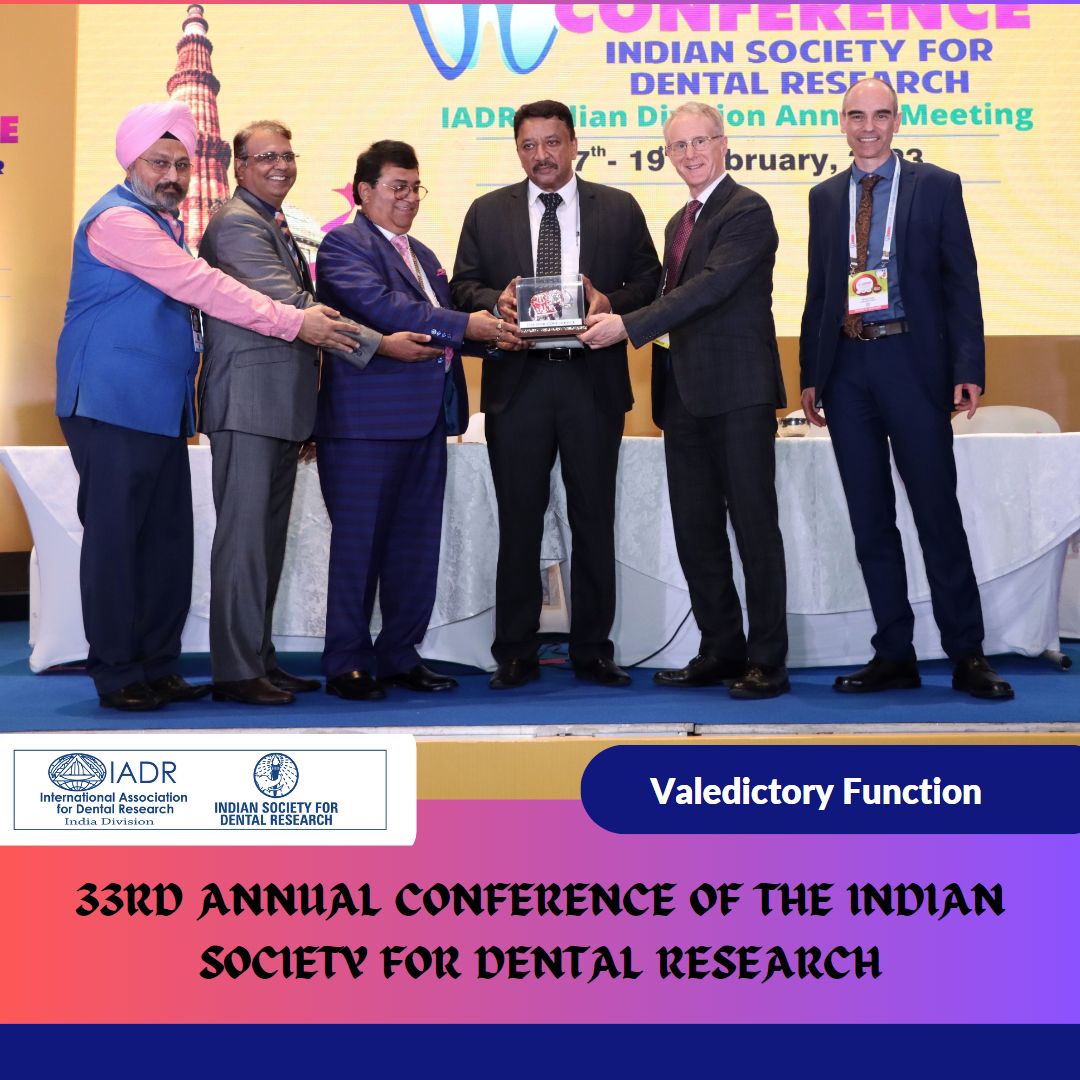DISTRACTION & DENTAL IMPLANTS
Teeth lost due to any reason can be successfully replaced. Conventional dentures are bulkier, needs to be taken out after every meal for cleaning to maintain good oral hygiene. Fixed partial dentures or the “bridge” takes the support of a sound natural tooth. This form of replacement need not be frequently cleaned but a sound neighboring tooth has to be trimmed. However, the best alternative will be to opt for the newer revolutionary technology – Dental Implants. This technological innovation involves the insertion of a screw made of an inert strong metal such as Titanium, inside the jaw bone in the missing tooth region. New bone formation is stimulated, that creeps around on the metallic screw and fuses. Due to this osseointegration process, the implant screw mimics the root of the natural tooth. After successful osseointegration of the implant and bone, a porcelain prosthesis resembling a natural tooth is fixed to the implant screw.

Bone deficient area

Placement of alveolar distraction device

Adequate bone formation following distraction osteogenesis

Placement of implant screws

Replacement with ceramic crowns
The thickness, height and quality of the jaw bone are crucial factors in determining the success of implants. In cases of patients with bone loss, the lost height of the alveolar bone (tooth –bearing region), can be restored to its original level by the latest technique called Distraction Osteogenesis. The Alveolar Distractor device is used for increasing the quantity of bone. As a result of the distraction process the volume of both bone and soft tissue is increased. The reconstructed site is then suitable for further rehabilitation with osseointegrated implants.
This cutting edge technological replacement will be strong, self cleansing in design and most importantly, does not require trimming of a sound natural tooth. This type of replacement reproduces the form, function and esthetics of the lost natural tooth structure. Owing to these advantages, this technique is the most sought tooth replacement technique especially among the younger individuals.
Dr. S.M. Balaji at Balaji Dental and Craniofacial Hospital uses the latest and most complex techniques of Distraction Osteogenesis with remarkable success.



